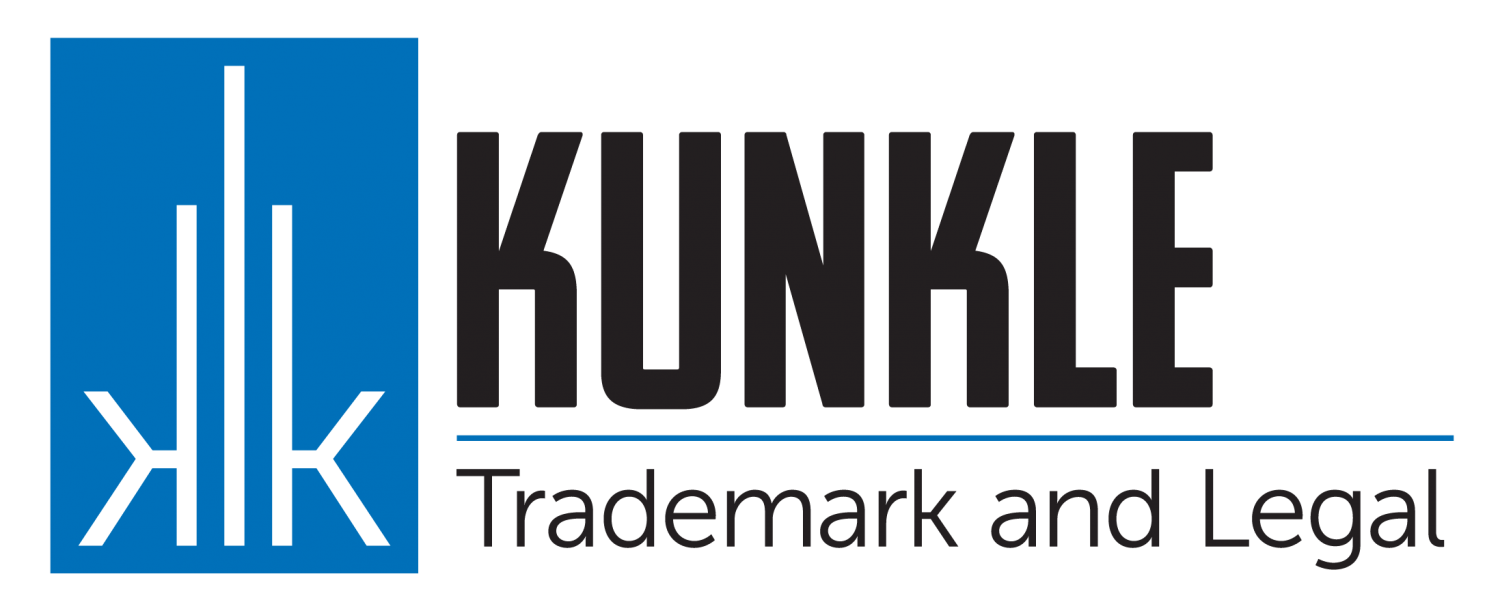Optum, Inc. v. Paul Mellen / Mellen Marketing
Optum, Inc., a subsidiary of Minnetonka based UnitedHealth Group recently filed claims against Mellen Marketing who had registered the domains <healthsafeid.com>, <healthsafeid.info>, <healthsafeid.net>, and <healthsafeid.org>. Optum’s attorney (Kenneth L. Wilton of Seyfarth Shaw LLP, California) based their claim, in part, on an allegation that Mellen had specifically targeted Optum and had repeatedly offered to sell the domains for two-million dollars. Mellon responded by alleging that the domains were registered in relation to a prior business he was engaged in, and that Optum first approached him about purchasing the domains. The Panel deciding the matter found that Optum didn’t began using the HEALTHSAFE ID Mark in commerce until October 1, 2016, and Mellon registered the domains on March 22, 2016.
The ICANN Uniform Dispute Resolution Policy (UDRP) requires that a complainant prove three elements to obtain an order that a domain name should be cancelled or transferred:
- the domain name registered by Respondent is identical or confusingly similar to a trademark or service mark in which Complainant has rights; and
- Respondent has no rights or legitimate interests in respect of the domain name; and
- the domain name has been registered and is being used in bad faith.
After arguments were presented, the panel found that in fact the domains are identical, and that Mellen does not currently use the mark in connection with the bona fide offering of goods or services. However, the Panel rejected the assertion that Mellon registered and used the domains in bad faith.
In its finding, the Panel stated that they had no reason to doubt Mellen’s claims that he registered the domains in relation to a business effort he was working on, and that fact that he offered to sell the domains when asked added no value to United’s claim.
United’s claims that Mellen had constructive notice of their intent to use the mark was also rejected by the Panel, which noted:
In any case, according to previous panels, constructive notice cannot adequately support a finding of bad faith registration. See Rive, LLC v. Bill R., FA1305001501995 (Forum July 10, 2013) (“constructive notice does not adequately support a finding of bad faith registration pursuant to Policy ¶ 4(a)(iii).”); Boston Private Financial Holdings, Inc. v. Eric Kuniholm / Beacon Capital Management Advisors, FA1503001611880 (Forum May 21, 2015) (“To the extent that Complainant’s argument is that Respondent acted in bad faith, due to the strict liability trademark concept of constructive notice, it has no place in a UDRP proceeding.”); The Am. Auto. Assoc., Inc. v. Zag Media Corp., FA 1226952 (Forum Nov. 13, 2008) (“Mere constructive knowledge is insufficient to support a finding of bad faith.”); Sears Brands, LLC v. Airhart, FA 1350469 (Forum Dec. 2, 2010); The Way Int’l, Inc. v. Diamond Peters, D2003- 0264 (WIPO May 29, 2003) (“As to constructive knowledge, the Panel takes the view that there is no place for such a concept under the Policy.”). See also WIPO Overview of WIPO Panel Views on Selected UDRP Questions, paragraph 3.4.
As the Panel noted that Optum had failed to establish all three of the required elements under the UDRP, the panel reject to claim and declined to transfer the domains. While the Panel also rejected Mellen’s claims of Reverse Domain Hijacking, one has to wonder what it would take given the fairly clear basis for rebuttal of the third factor.
